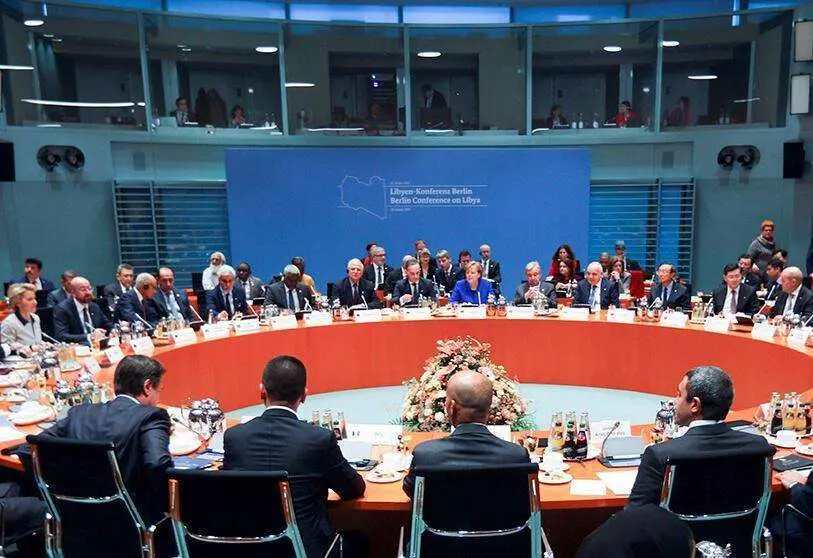UN submits final report of international audit to the Central Bank of Libya

Libya is one of the countries where many regional leaders have been focusing their attention in recent times. Its instability and the lack of consensus on everything that surrounds the area means that other states want to make moves to take advantage of the situation that the Libyans are going through. Proof of this are the disagreements that are taking place between Egypt and Turkey over the presence of troops from the country led by Recep Tayyip Erdogan in Libya, which, at least for the moment, has no intention of ordering their withdrawal.
In the midst of all the controversy, it was the United Nations (UN) that launched an international audit of its two branches in the east and west of the country. The aim of this report was to try to reunify the financial institution, which has been in a very difficult situation for months. Jan Kubic, the UN envoy to Libya, handed over the audit report to Prime Minister Abdul Hamid Dbeiba in Tripoli, in the presence of the governor of the internationally recognised branch of the BCL based in Tripoli in the west of the country, Seddik al-Kebir, and Ali al-Hebri, who headed the Central Bank's branch in al-Bayda sa in the east.

The Central Bank of Libya (CBL) has issued an official statement after receiving the UN report in which it expressed its optimism about the recovery of the economic sector and the great help it brings to them: "We hope, with this progress, to reunite the Central Bank, preserve the integrity of the banking sector and strengthen the monetary policy introduced in early 2021. It is very important to regain the unity of all institutions, especially the financial sector, which, like many others, was hit hard by the split in 2014.
Seven years ago, the political rivalries that followed the fall of Muammar Gadhafi's regime in 2011 further widened the gap that already existed with the West, where the headquarters of the Central Bank of Libya is located and responsible for managing oil revenues, and the East. In July this year, the UN announced that it had finalised the process to launch an independent international audit of the two branches of the CBL, a key operation according to the UN itself to restore integrity, transparency and trust in the Libyan financial system.

The institutional division between the two parts of the country had very serious consequences throughout the country. Inflation soared throughout the country, public debt rose to over 100 billion dollars, in addition to the obvious direct losses caused by the fracture in the country's economy. Abdul Hamid Dbeiba highlighted the important role of the United Nations - thanks to the UN he is now Libya's leader - and conveyed a positive message regarding the reunification of institutions, believing that "it is now necessary to put aside dissensions, whatever they may be, and think about the next step where we will reunite all the country's institutions".
In Tripoli, they hope that as a result of the report delivered by the United Nations, they will be able to lay good foundations with which to build a renewed system in the near future that can alleviate the serious consequences, not only left by the division years ago, but also, of course, those derived from the COVID-19 pandemic. This is a key and hopeful first step in Libya's reconstruction.









